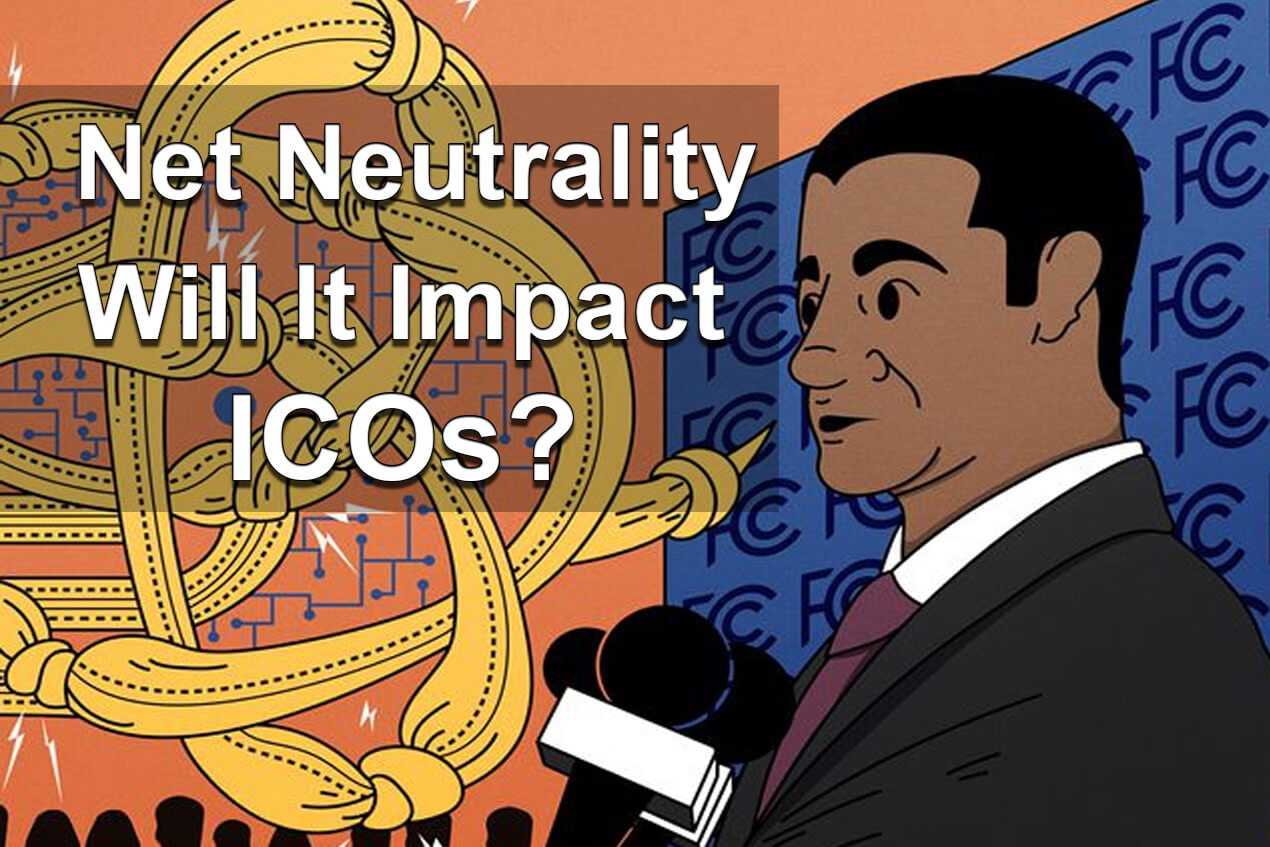The Federal Communications Commission (“FCC”) has its eye on rolling back Obama-era net neutrality regulations. Increasing regulatory risk in an already volatile market is only making things harder for tech entrepreneurs. Fortunately, however, the Stamps platform is developing a way to mitigate risk and volatility in cryptocurrency markets.
Why End Net Neutrality?
The FCC – which is responsible for implementing America’s communications laws – ultimately answers to Congress, but the agency has a great deal of discretion when it comes to interpreting internet and telephone service laws. Net neutrality is a regulation created by the FCC under the prior administration that officially labeled internet service providers as public utilities. Just like your electric company can’t turn off your toaster when it’s better for the electrical grid, your internet service provider can’t regulate your internet content in a way that’s better for their bottom line.
The FCC sees net neutrality regulations as unnecessary government regulation over a market where freedom of communication is critical to economic success. Blockchain and cryptocurrency companies, however, may experience some specific consequences if net neutrality is overturned.
Ending Net Neutrality Impacts Cryptocurrency Markets
In some ways, allowing internet service providers to ration data allocation by price could benefit virtual currency markets. As more and more companies release new coins through ICOs, the blockchain networks are suffering from the impacts of bandwidth demand shocks. A big ICO recently jammed up the Ethereum network for several hours, showing that bandwidth congestion can be a real problem for the market.
Increasing efficiency in traffic management could really benefit virtual currency exchanges. However, lots of people have a problem with the fact that bandwidth allocation will be restricted to only those who have the ability to pay for it. Doing so could skew markets in favor of large, established organizations with the funds to pay for data and leave up-and-coming innovators out in the cold.
Entrepreneurs Find Ways to Deal with Regulatory Risk
The future of net neutrality is up in the air. Regulatory uncertainty only increases market volatility, which is something that virtual currency investors are desperate to avoid. Decreasing volatility is a major priority for many virtual currency entrepreneurs, including the founders of the Stamps platform.
Stamps provides a safer, more stable alternative to the often unpredictable release of new coins under a typical ICO model. Businesses releasing equity tokens on the Stamps platform will retain a portion of them and then gift the rest to the STAMP coin holders. Once the market around the business has formed, it can then liquidate the retained equity tokens to fund their operations as they see fit. If market demand doesn’t arise, the equity tokens are destroyed, and the equity is returned to the issuer without increasing volatility in the market. Equity token holders on the other hand, receive all of the benefits of owning legal shares of the issuing business, such as Bitcoin dividend payments, voting rights, and more!
The STAMP Coin powering the platform will be distributed in the coming weeks. Founders have planned an ICO (“Intial Coin Offering”) with a soft cap raise of $1 million and a hard cap raise of $89 million. You can find out more about Stamps and how it can help businesses mitigate risk by visiting their website here.
